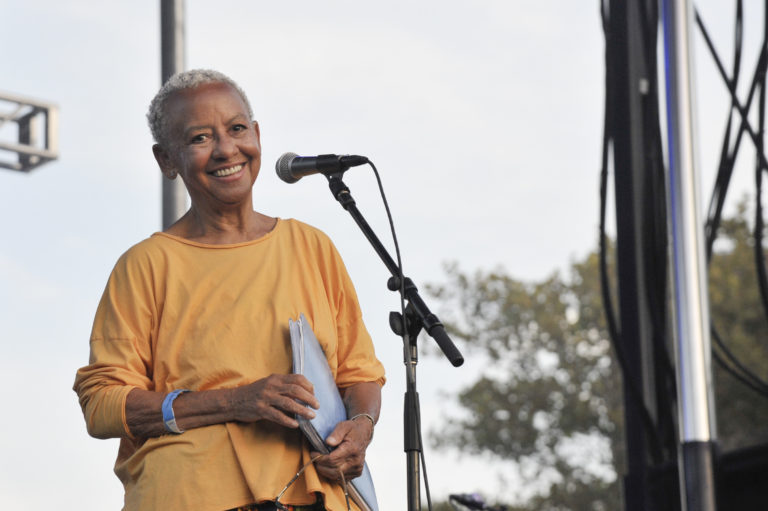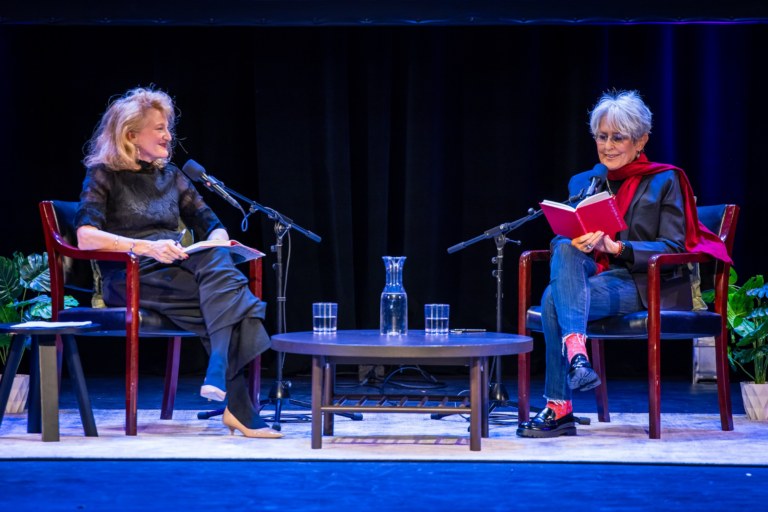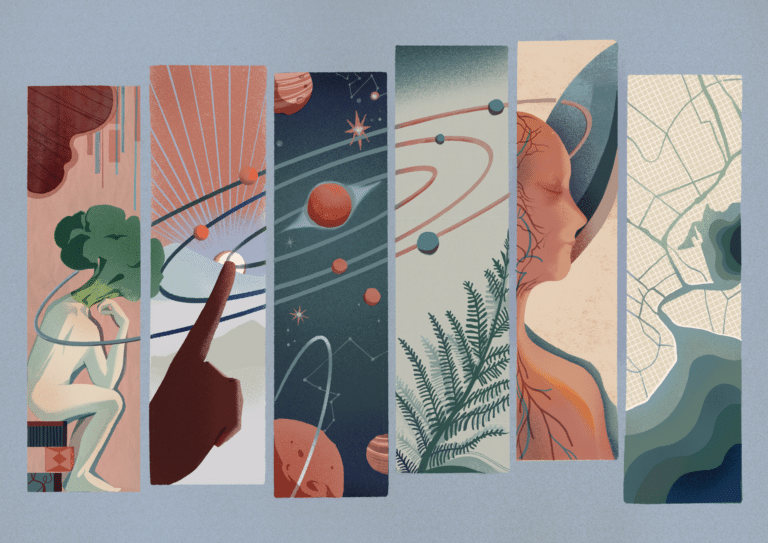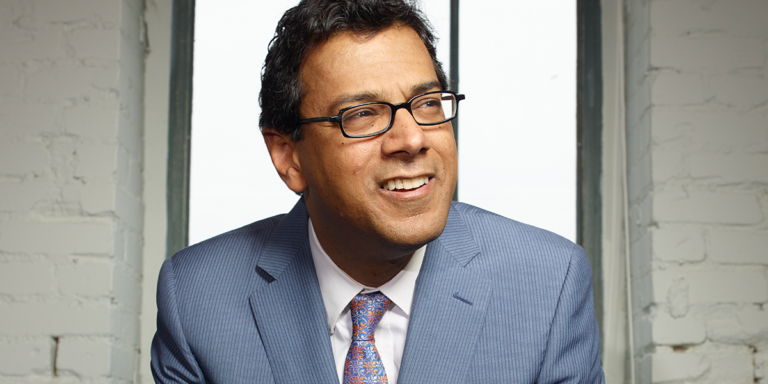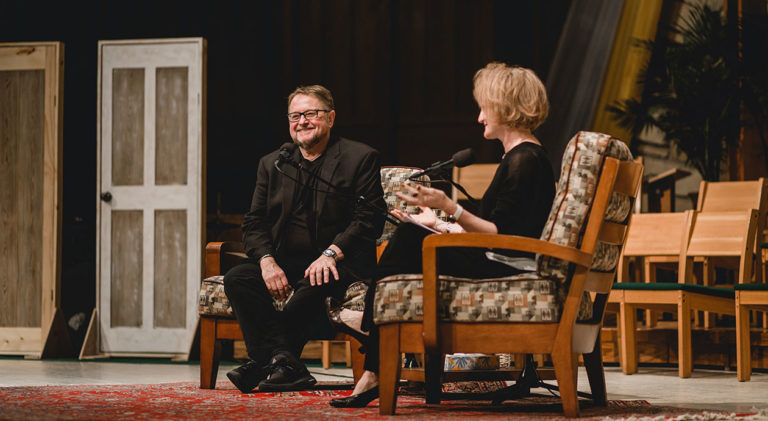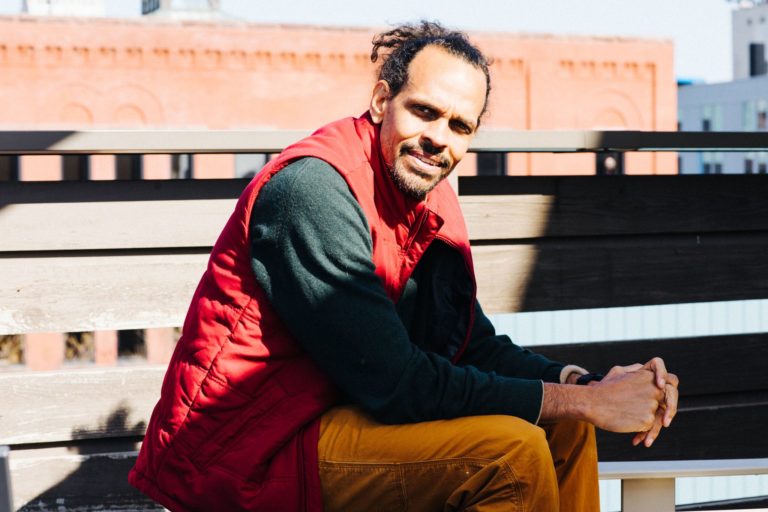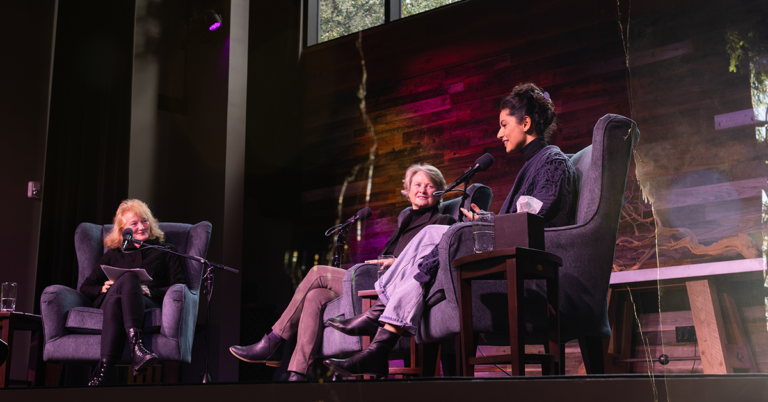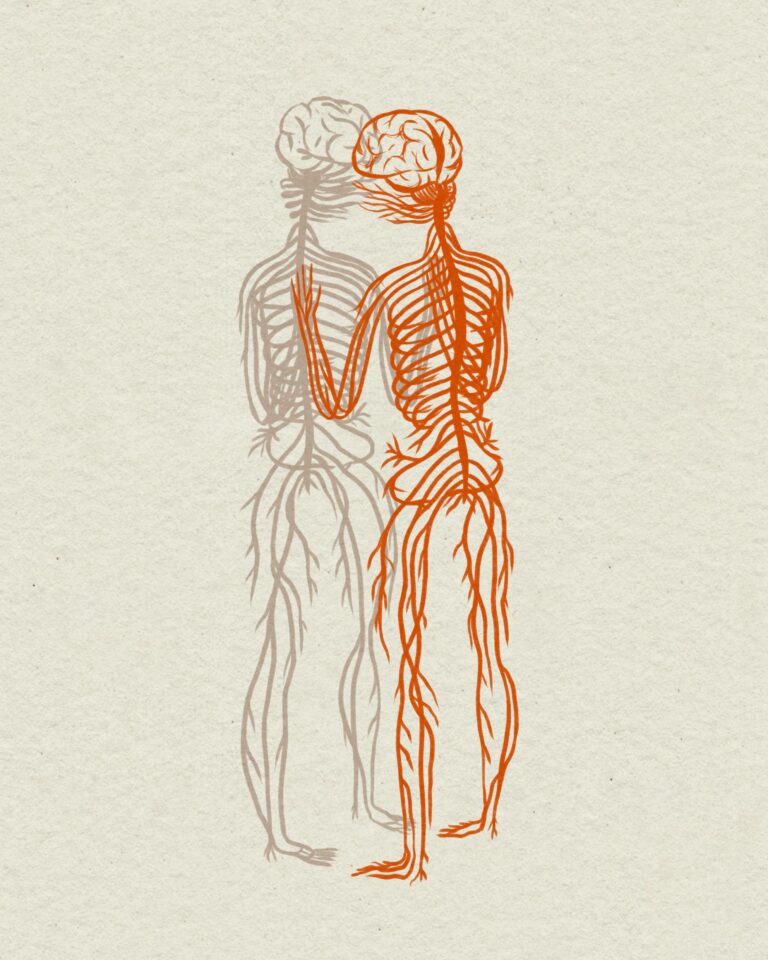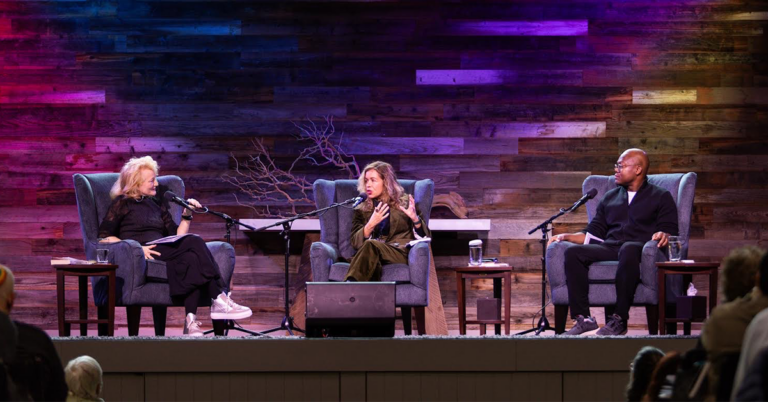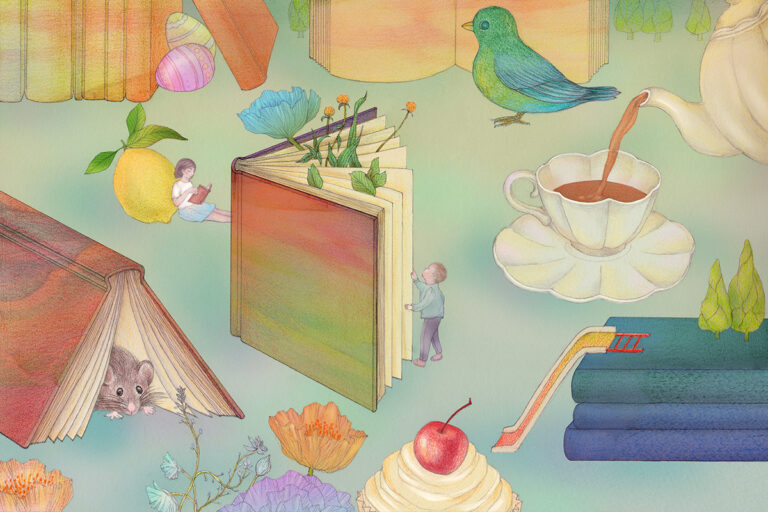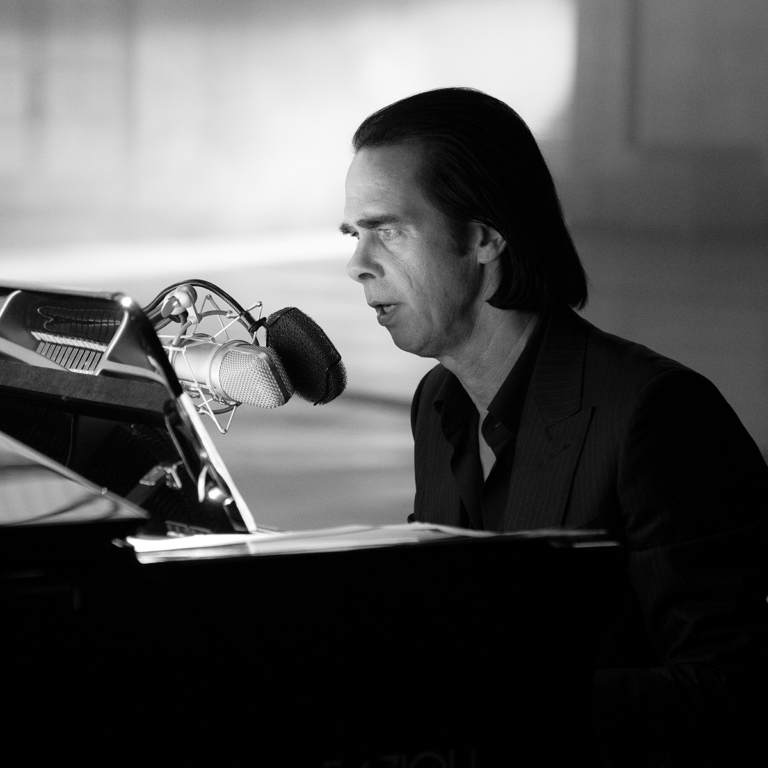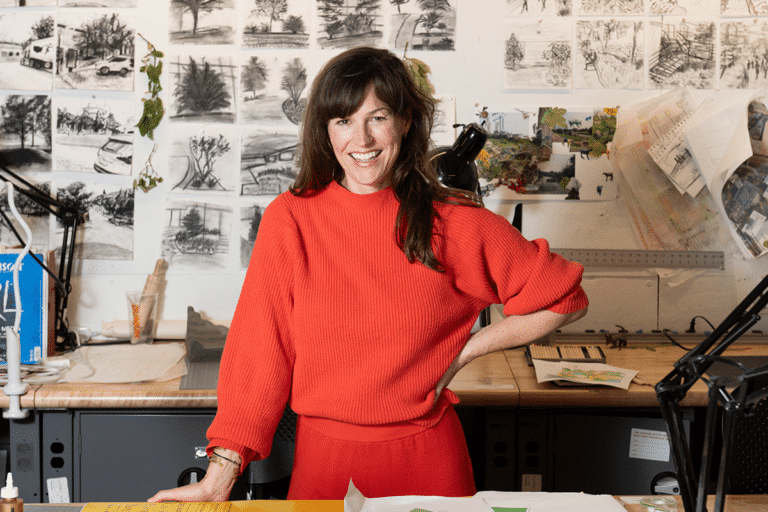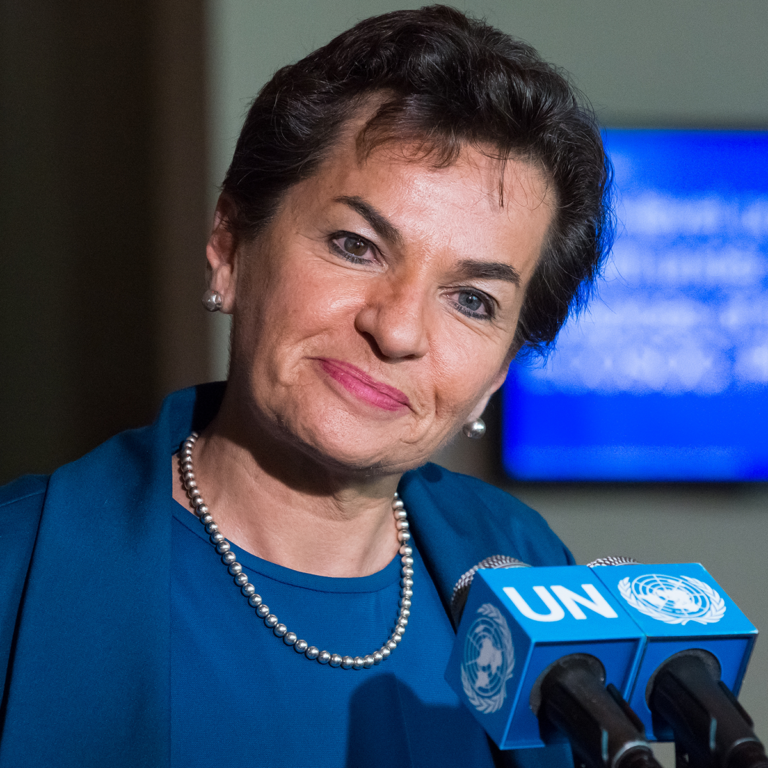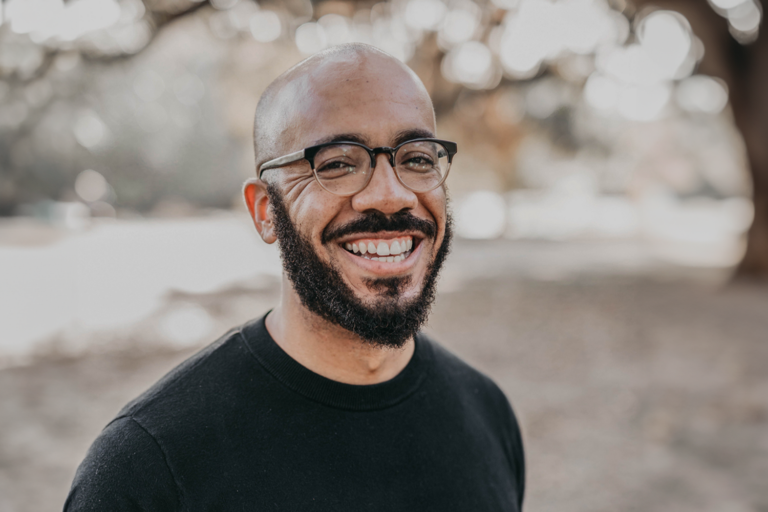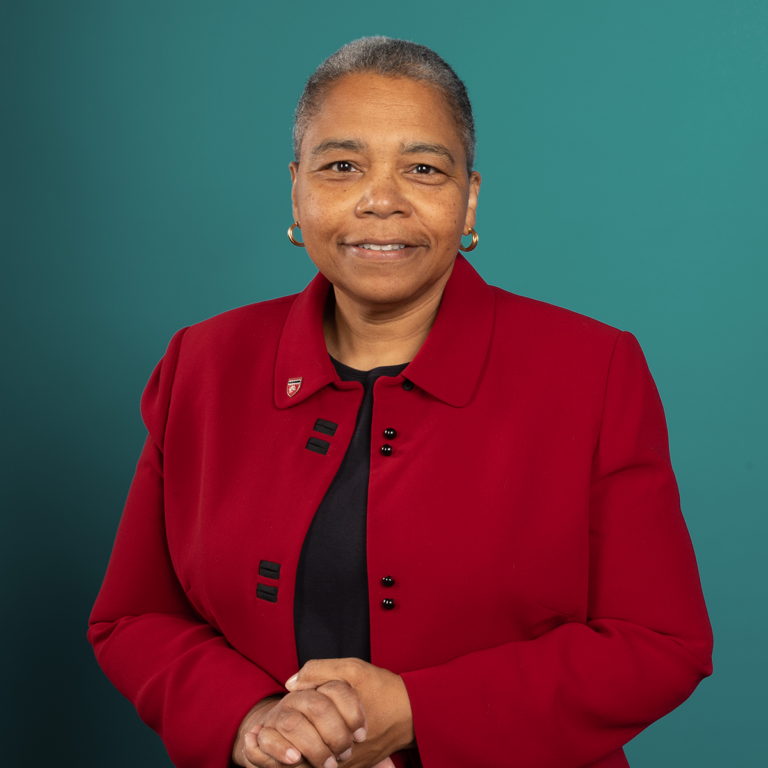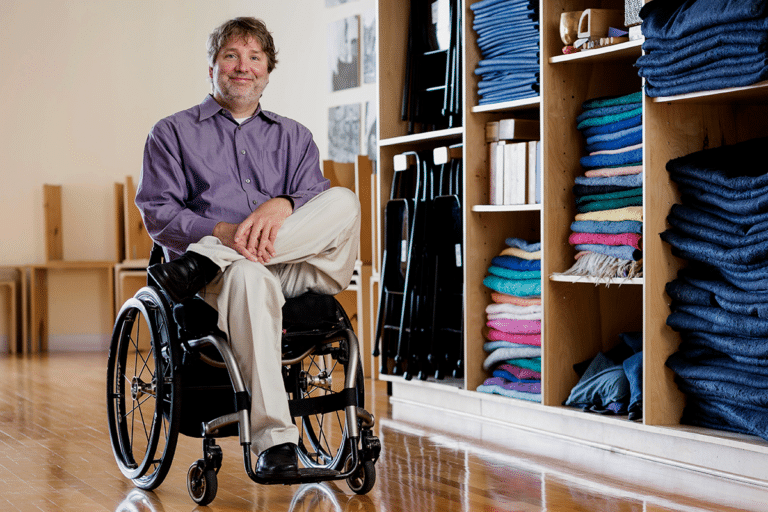December 12, 2024
Remembering Nikki Giovanni — ‘We Go Forward With a Sanity and a Love’
The delightful Nikki Giovanni died on Dec. 9. It is a joy and a solace to relisten to this beloved conversation she had with Krista in 2016 – to experience her signature mix of high seriousness, sweeping perspective, and insistent pleasure. Her words and her spirit feel, if anything, more necessary now. In the 1960s, she was a poet of the Black Arts Movement that nourished civil rights. She became a professor at Virginia Tech, where she called forth beauty and courage after the 2007 shooting there — a precursor to violence that has become all too familiar in American life in the intervening years. And she was an adored voice to a new generation — an enthusiastic elder to all — at home in her body and in the world, even while she saw and exulted in the beyond of this tumultuous age of her lifetime.





